Search
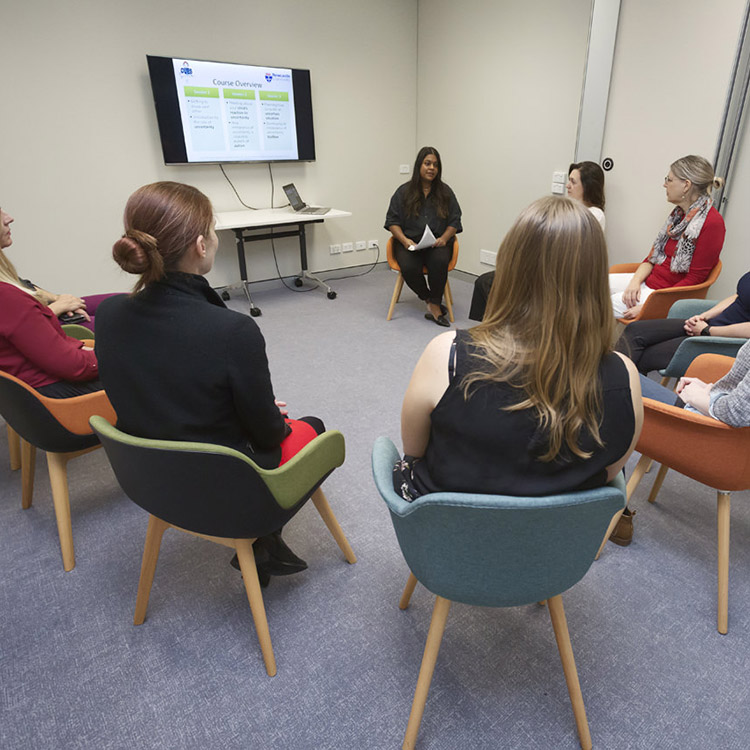
CliniKids runs training in a range of areas for clinicians and autism professionals in addition to workshops for parents, caregivers and families.
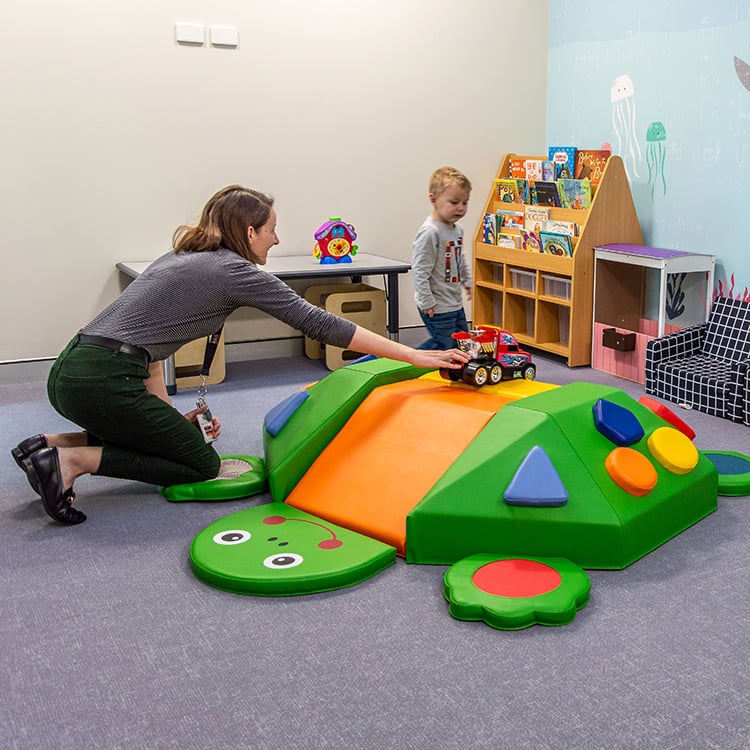
Find out how to access services at CliniKids.
CliniKids is putting the ‘evidence’ in evidence-based practice by providing families access to the best scientific-backed therapies as quickly as possible so that all autistic children have the chance to reach their full potential.
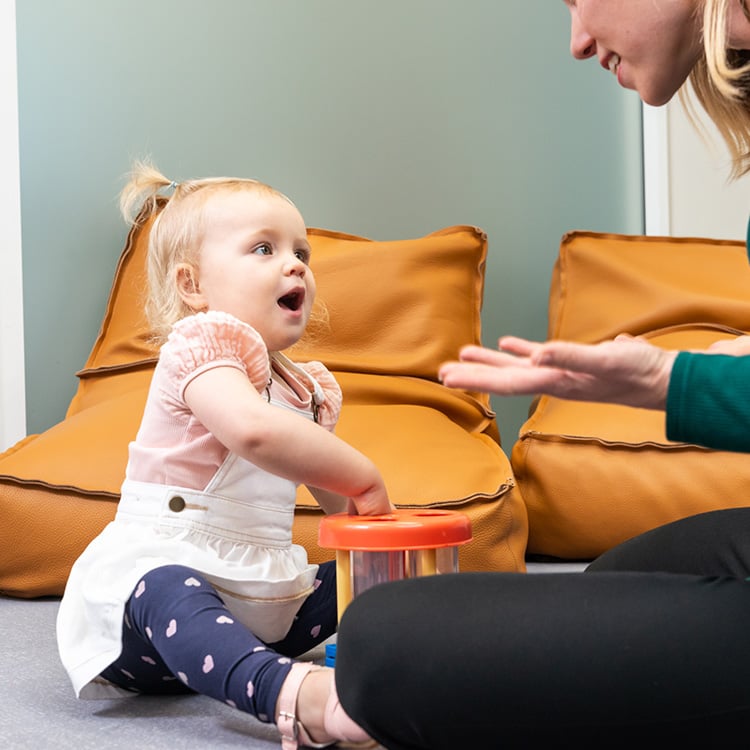
Find out about the range of Focused Therapy programs on offer at CliniKids.
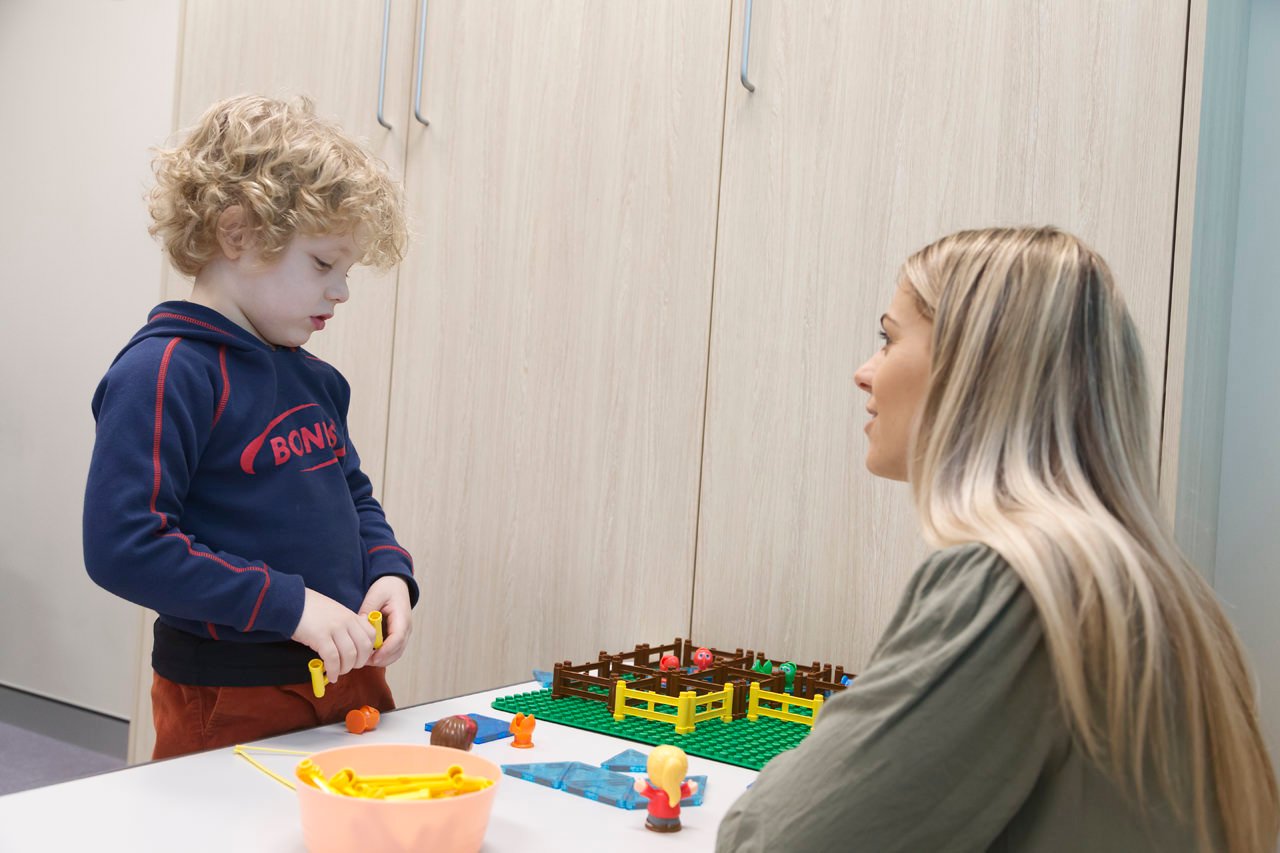
Find out more about Paediatric Autism Communication Therapy training for allied health and autism professionals at CliniKids.
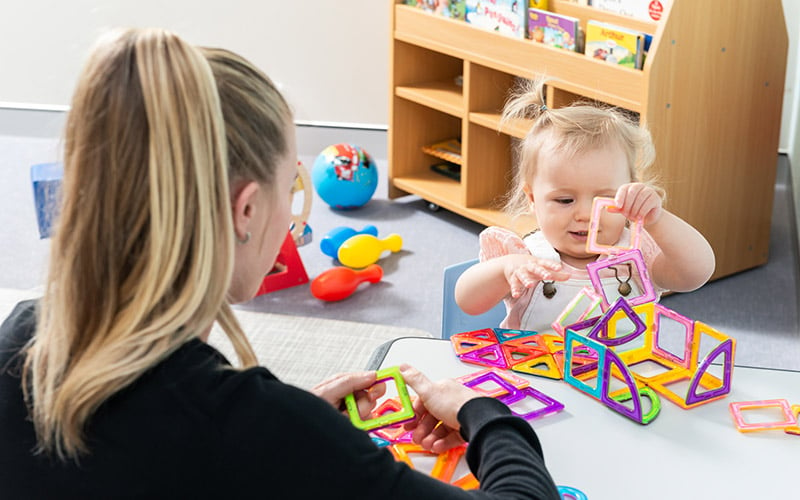
Learn more about the TOTS Study at CliniKids
Learn more about the SenseVest Study at CliniKids
Learn more about the LAMP Study at CliniKids
Our researchers have published many papers in world-leading paediatric autism and developmental delay journals. Browse their most recently published work here.
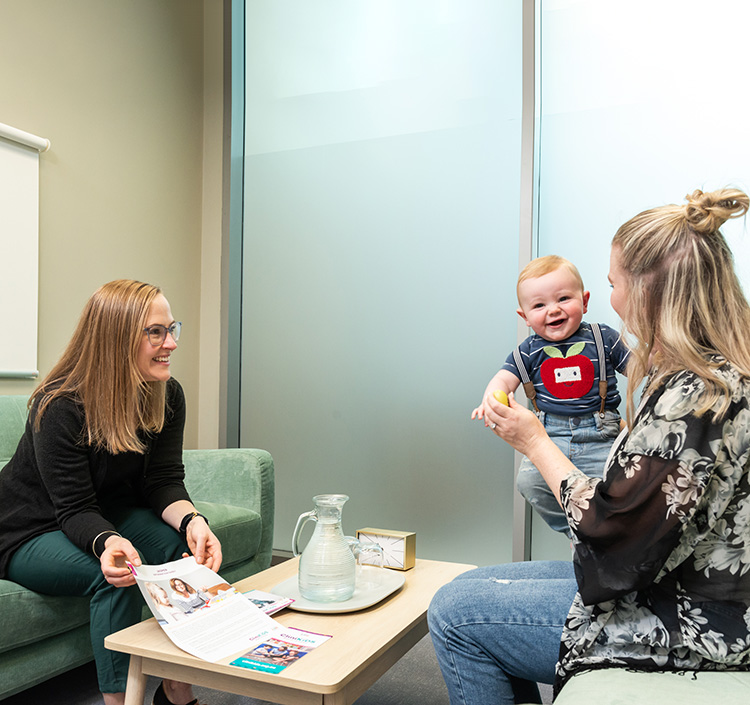
Here you'll find a wealth of information and resources to help support your child.
